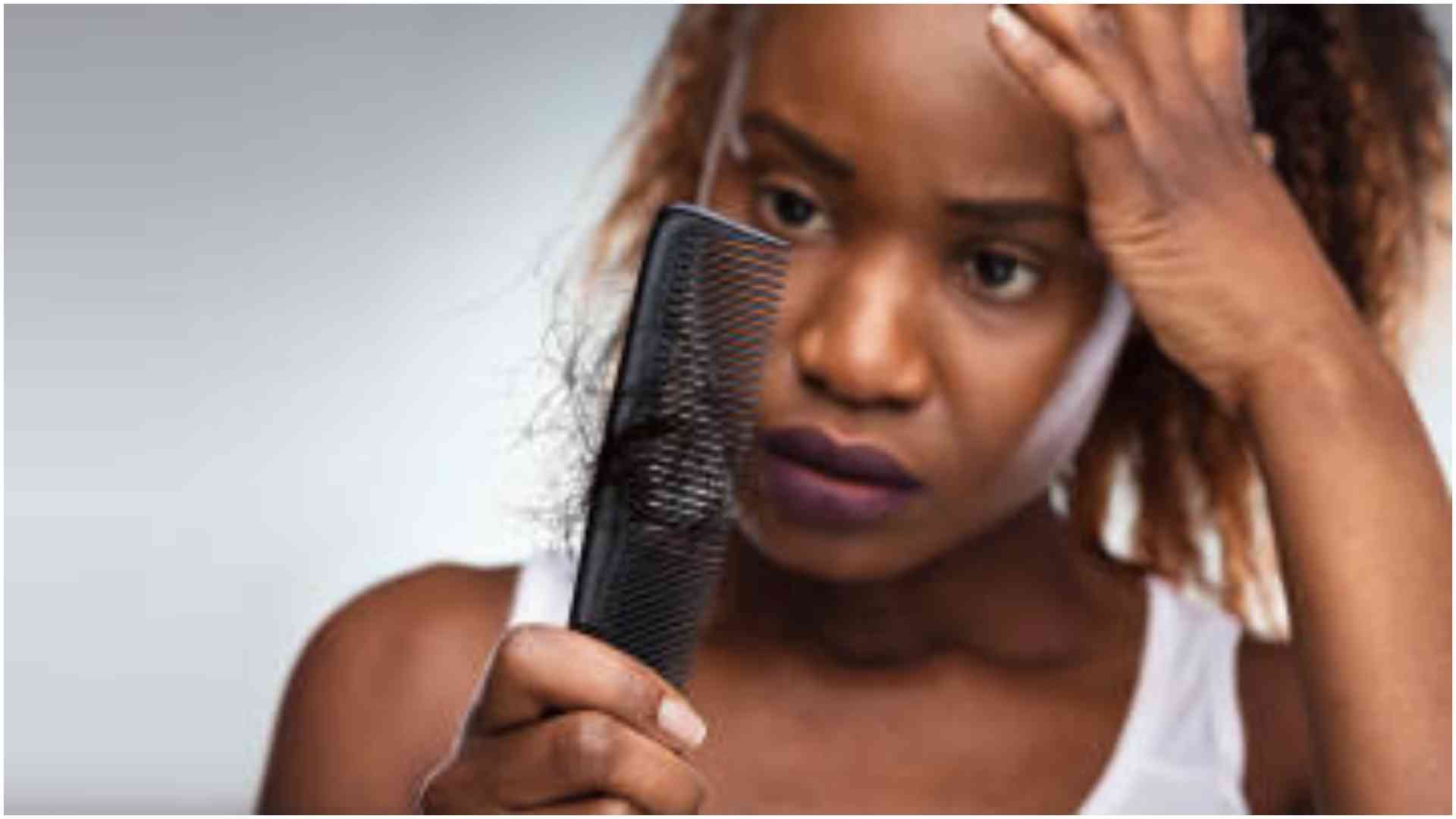
Most nail biters admit that the habit comes up when they’re nervous or when they’re bored.
When you’re experiencing a lot of anxiety, biting your nails can be a way of releasing some of that stress but in real sense it doesn’t really do anything to help as much. And when you’re bored, there are far more interesting things to do rather than destroy your nails and cuticles.
And let’s face it, they aren’t the cutest things to look at. While that may not faze you, maybe these reasons listed below will help you stop this habit.
1. Nails are filled with bacteria
It’s not a hygienic habit because nails are very dirty. They might look clean but in real sense, they’re filled with a lot of microorganisms. This is very risky especially now that we’re dealing with an epidemic. One of the health measures recommended is to avoid the habit because it’s risky when you accidentally put your finger in your mouth and you haven’t washed your hands properly. That’s the fastest way to diarrhea and vomit yourself to hospital.
2. You can get dental problems
Germs can easily transfer from your nails to your mouth. The bacteria buildup causes bad breath and gum disease as well. In the long run, corroded teeth are also something you’ll deal with because the biting chips away the protective layers.
3. You could get a skin infection
If you chew a little too hard, you might end up leaving open sores on your fingertips. Since we use our hands for everything, germs will get into the sores, causing an infection. It’s not pretty to have puss filled blisters on your fingers because of nail biting.
4. It destroys your nails
Biting your nails stunts their growth to a large extent. They’re quickly chopped down the minute they try to grow and thrive. The chomps will cause them to grow irregularly and that damage might one day be irreversible. You might have to kiss your chance of growing healthy nails goodbye if this habit continues.

It’s time to let it go
There are many health reasons why you should kick nail biting to the curb. It’s also a juvenile habit because people won’t take you seriously when you’re constantly biting your nails. Picture how it looks when you’re in a meeting with a board of directors and you subconsciously start chewing on your nails.
To help you stop, there are four things you can do.
i. Find out what triggers the habit
Doing a self-assessment might help you realize why you’re constantly biting your nails. It’s often a sign of anxiety and other disorders which mean you need to deal with the underlying issues as a step towards quitting.
ii. Use anti-biting polish
This has a nasty taste which will immediately remind you to avoid chewing on your nails. The polish is clear and people won’t notice that you’ve applied anything.
iii. Apply chilli powder
If you’re not comfortable with polish, chili is another alternative to quitting. Just don’t rub your eyes when you’ve applied the powder. Or better still, maybe that’s the painful reminder you need to help you stop.
iv. Carry a nail or cuticle cutter in your bag
This will help you resist the urge to bite off the hanging cuticles and the chipped parts of your nails that might irritate you. This will make it easier for you to nurse your nails back to health.
What did you hate sharing as a kid??
 The Standard Group Plc is a multi-media organization with investments in media
platforms spanning newspaper print
operations, television, radio broadcasting, digital and online services. The
Standard Group is recognized as a
leading multi-media house in Kenya with a key influence in matters of national
and international interest.
The Standard Group Plc is a multi-media organization with investments in media
platforms spanning newspaper print
operations, television, radio broadcasting, digital and online services. The
Standard Group is recognized as a
leading multi-media house in Kenya with a key influence in matters of national
and international interest.




